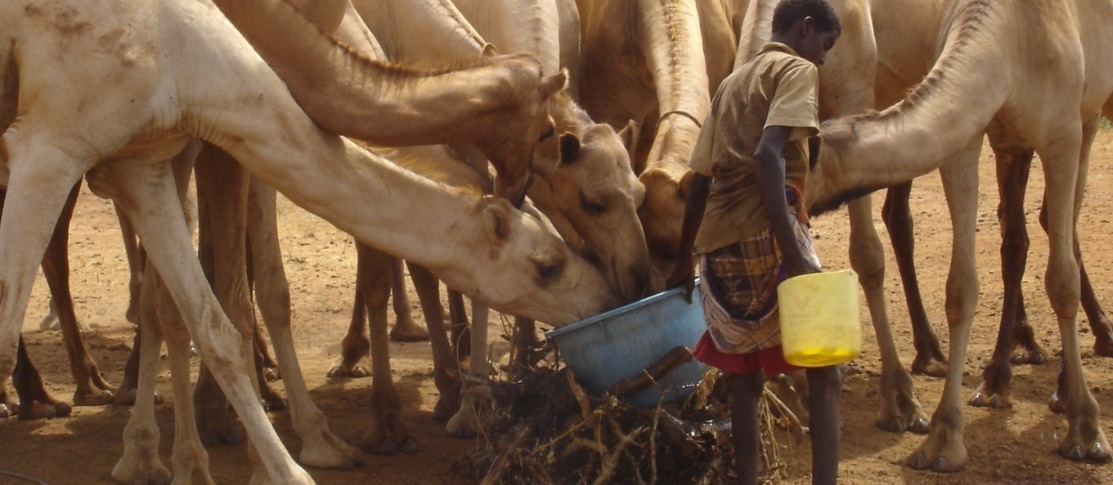Currently, there is no vaccine or antiviral treatment approved for human use against RVF.
Senegal is facing a growing public health emergency as the death toll from a Rift Valley Fever (RVF) outbreak has risen to 17, according to the country’s Ministry of Health and Public Hygiene. Health officials warn that the situation may worsen if swift containment and treatment measures are not implemented in time.
Boly Diop, Head of Epidemiological Surveillance at the Ministry, confirmed that since September 21, a total of 119 cases have been reported, with most of them emerging from northern livestock-rearing regions, especially Saint-Louis, which has seen a rapid spread of the disease due to its dense animal population and limited health infrastructure.
Rift Valley Fever is a viral zoonotic disease, primarily affecting animals such as cattle, sheep, and goats, but it can also be transmitted to humans. The disease is caused by the Rift Valley Fever virus (RVFV), which spreads through contact with blood, bodily fluids, or tissues of infected animals. It can also be transmitted via mosquito bites, particularly in areas with high rainfall, which creates breeding grounds for vectors.
In humans, the virus typically causes symptoms such as fever, headaches, muscle pain, nausea, and fatigue. Although many cases are mild and resolve without medical intervention, a small percentage can become severe, resulting in hemorrhagic fever, encephalitis, or even death, especially when medical care is delayed or inadequate.
Senegalese Minister of Health, Ibrahima Sy, has called for an urgent scale-up in medical infrastructure, particularly in high-risk areas. He emphasized that the immediate goal is to save lives by providing timely access to treatment, expanding intensive care units, and distributing critical supplies to hospitals and health centers.
To support these efforts, the Ministry has begun deploying modern intensive care equipment to hospitals in Saint-Louis, significantly enhancing their capacity to admit and manage severe cases. Health officials believe that this upgrade will improve patient outcomes and help contain the outbreak more effectively.
Currently, there is no vaccine or antiviral treatment approved for human use against RVF. The mainstay of treatment is early intensive supportive care, including fluid management, monitoring of vital signs, and symptom-based treatment. Preventive strategies include avoiding contact with infected animals, using mosquito repellents, and promoting safe animal handling practices among farmers and butchers.
Experts have also highlighted the impact of climatic conditions on the spread of the virus. Outbreaks in Africa, as well as in countries like Saudi Arabia and Yemen, have been linked to periods of above-average rainfall and El Niño weather patterns, which increase mosquito populations.
Health authorities in Senegal have urged the public, especially those in rural and livestock-rich areas, to remain vigilant and report symptoms immediately. Surveillance and community outreach programs are being intensified to track cases and raise awareness about hygiene, vector control, and safe animal contact.
The government continues to coordinate with international health partners to curb the spread of the disease and minimize its impact on human and animal health.














